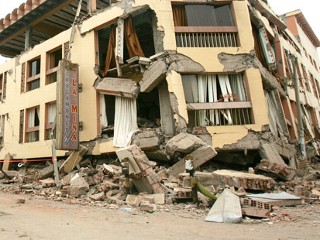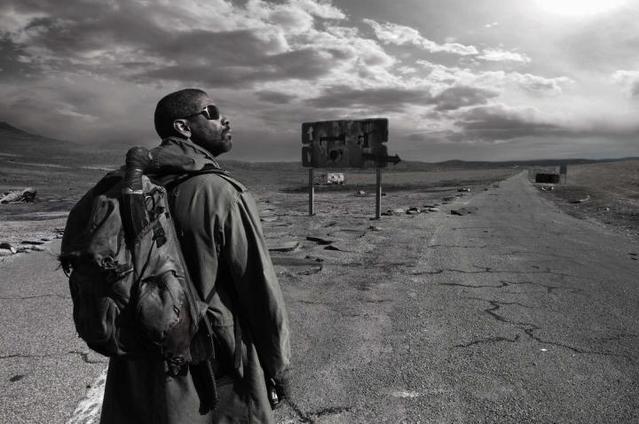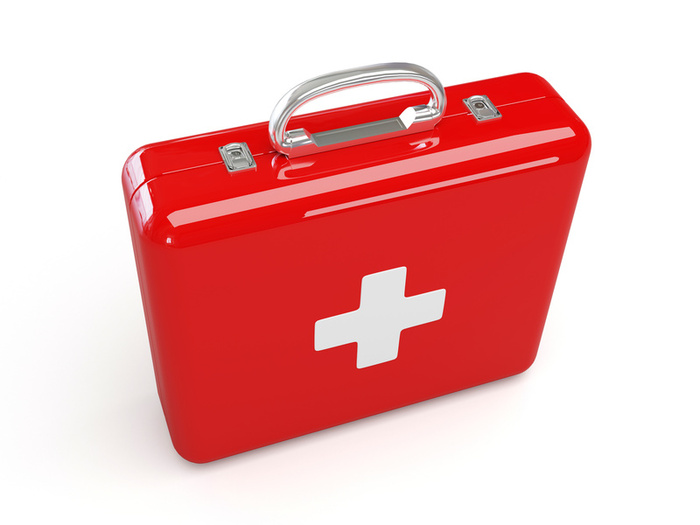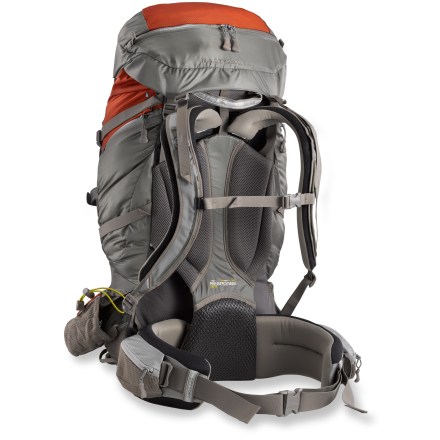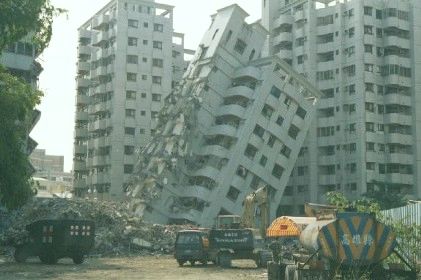Related Posts
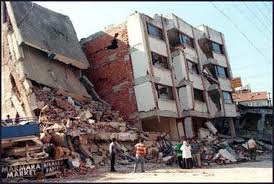 When The SHTF How To Prepare For A Natural Disaster Abroad
When The SHTF How To Prepare For A Natural Disaster AbroadIt seems like every other day there’s some natural disaster being broadcast on the news. From tornados, to floods, and the recent earthquakes in New Zealand and Japan. These are constant reminders that even though humanity can achieve a lot Mother Nature is still the boss. This also means that everyone should have a good grasp of disaster survival tips to prepare for when the SHTF. For most disaster preparedness means making a bug out bag and having some plan on how to prepare their home for a disasteror emergency.
But what many forget is that you also need to know how to prepare for a natural disaster abroad which is just as important to know as well. So how do you prepare for natural disaster when you’re travelling in another country? Here are some disaster survival tips to consider the next time you plan a trip.
1. Research, research, and research some more
Don’t just spend your time figuring out what resort you want, and if you should book scuba lessons. You want to know what risks are present there. If the country has a history of earthquakes or floods for example you want to take this into consideration and plan accordingly. You should take some time and understand a little of the political situation as well. Are there tensions between the government and its people, is there an open rebellion. These are all things you should know well before you buy your tickets.
2. Look and listen
When you book a trip to a specific country what are their disaster preparedness plans. Do they have a plan in case of a natural disaster? Does the resort or hotel have its own natural disaster preparedness plans? These are things that you should be looking into.
3. Where are the consulates and embassies?
When I was in Cuba a few years ago one of the first things I memorized was where the Canadian embassy was in case the SH TF. For those who haven’t been to Cuba, it’s a pretty safe country with friendly people. However there is a dictatorship there (which is one reason why the United States still has an embargo on that country) and being in the military at the time put me at a higher risk. Shortly after arriving it was commonplace to have my luggage searched and being followed on and off resort by secret police. (I highly doubt the resort staff carries pistols under their jackets as standard equipment) Obviously nothing happened but if something had, I knew the numbers for the Canadian consulate, its address, and always kept a map on or near me showing its location.
4. Know the lingo
While you can get a translator app for your I-phone or Blackberry you should have a basic understanding of the local language. Chances are pretty good that apart from the hotel staff and tour guides, many of the locals won’t speak your language. And if your phone is broken or the battery runs out you won’t understand what their saying.
5. Have insurance
I’m always amazed at how many people still don’t do this when they travel. Having travel insurance that can help you be evacuated to receive medical attention can be a huge weight taken off your shoulders. Not to mention most airlines and even cruise ships don’t offer refunds for cancellations or changes to their itinerary due to weather or other unforeseen circumstances. So having insurance not only protects you but gets your money back is very important. Just remember to always read the fine print, and make sure you know exactly what your insurance provider will and won’t do for you.
6. Don’t loose your passport
During a natural disaster or an emergency your passport will be your ticket out of there. It’s proof of who you are. Of course it’s always good to have additional photo identification such as a driver’s license, but passports are universally recognized where other types of identification might not be.
Travel Advisory Websites
- Voyage.go.ca Essential Information For Canadians Abroad
- U.S Department Of State Travel Warnings And Consular Information
- Current Travel Warnings (U.S Department Of State)
- Smarttraveller The Australian Government Travel Advisory
- British Foreign And Commonwealth Office
Embassies And Consulate Websites
- U.S Embassies And Consulates
- Canadian Offices Abroad
- Australian Embassies, High Commissions, Consulates, Multilateral Missions And Representative Offices
Other Useful Links
- The World Fact book (CIA)
- World’s Most Dangerous Countries
- World’s Top 10 Worst Countries To Visit
 Previous Post
Previous Post The Crown Of Thorns - The Latest Drink To Get It Done
This latest post comes from The Only Sober Guy In The Room
( http://theonlysoberguyintheroom.wordpress.com/ ) A bartender who has guest posted on this site before. You can check out his previous posts here or visit his blog.


